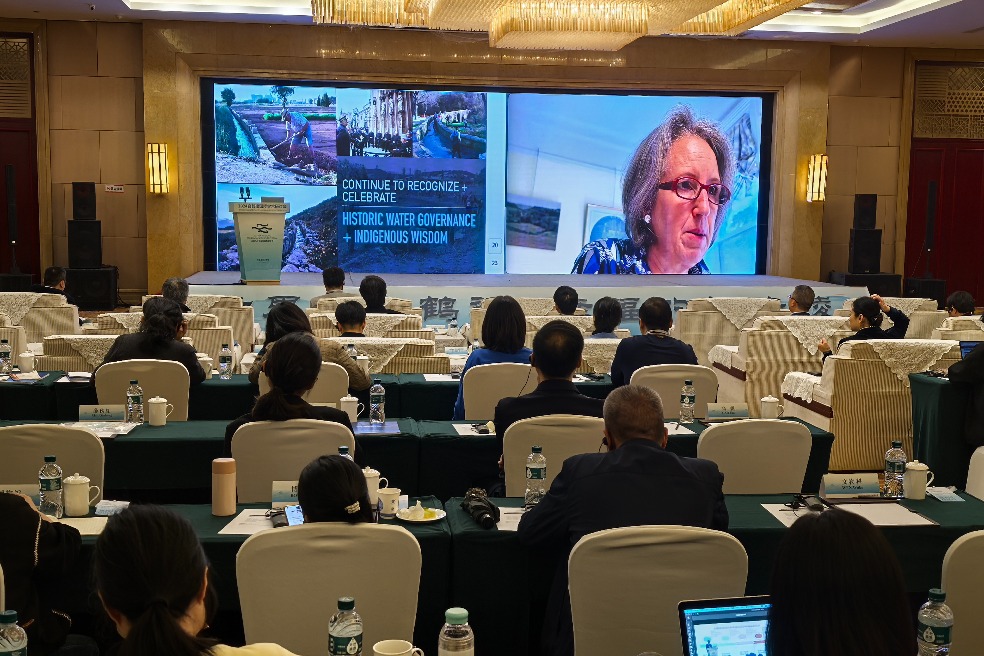HK national security law to have no ex post facto application

The national security law for Hong Kong will not be retroactively applied, meaning it will not apply to acts which happened before it came into force, an official of the Hong Kong and Macao Affairs Office of the State Council said on Wednesday.
Zhang Xiaoming, deputy director of the Hong Kong and Macao Affairs Office of the State Council, told a press conference in Beijing the retroactivity of the national security law, which took effect on Tuesday, is in line with the general provisions of international criminal laws.
"It also shows our law follows the principles of modern rule of law," he added.
Zhang said Hong Kong's local laws in force, including the Criminal Ordinance, Public Order Ordinance, Societies Ordinance and Official Secrets Ordinance, have certain provisions related to national security. These laws should be used to punish acts which have already happened.
Article 8 of the national security law stipulates Hong Kong's law enforcement and judicial authorities shall fully enforce provisions of this law and of local laws in force concerning the prevention, suppression and punishment of criminal acts, he said.
"It once again shows it is the HKSAR law enforcement and judicial organs that bear legal responsibility to punish acts that jeopardize national security," he added.
Zhang said the function of any criminal law is not only to punish crimes, but also to prevent crimes.
"We sincerely hope after the implementation of the national security law for Hong Kong, Hong Kong society can earnestly study this law, enhance national security awareness and better understand the concept of the rule of law," he added.
- Macao elects new chief executive-designate
- Poisoning at biotechnology firm kills seven, injures four in Shandong
- University students take part in a model CPPCC program
- Hutong offers authentic experience of 'Beijing life'
- Macao SAR chief executive congratulates new-term CE designate
- 7 dead, 4 injured in East China's gas poisoning accident




































